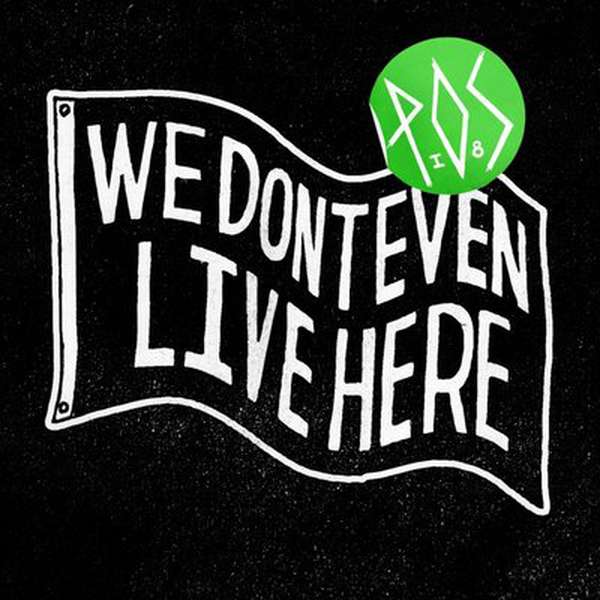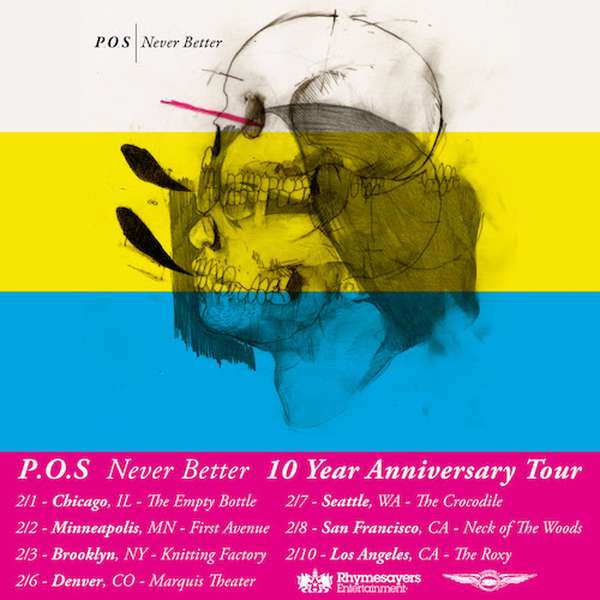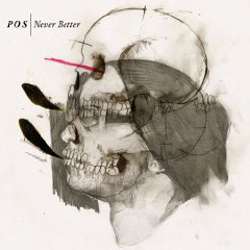Minneapolis’ P.O.S (aka Stefon Alexander) might not necessarily befit the tastes of most within the punk community, but his music is as heavily indebted to it as it is to hip-hop’s long and storied past. Since his musical beginnings in punk bands from as far back as high school, his music has been predominantly D.I.Y. and its messages of hard work and integrity are ingrained in not only his solo projects, but in the hip-hop collective Doomtree that he co-founded and his many side projects. We Don’t Even Live Here, his 4th studio album, is yet another extension of his varied and experimental roots, dropping messages of dissent and determination with a gritty, expressive flow over wild, driving beats of futuristic electronics.
The aggression that drives P.O.S’ latest album is immediate and relentless, first taking hold within the heavily drum-based production of “Bumper” and refusing to relinquish its suffocating grasp across the course of the following 40 minutes. Even backed by the soothing vocals of Bon Iver’s Justin Vernon on the sprawling “How We Land,” P.O.S still sounds pissed off, muttering “we’re so amused with dismay, ignore the fuse,” before Vernon jumps into a solo verse in his characteristically haunting croon. One of the records’ strongest tracks is the anti-capitalist anthem “Fuck Your Stuff,” which has arguably the most radio-friendly sound but with a violently overpowering theme, causing discontent with lines like, “we came to riot, here to incite, we don’t want any of your stuff.”
We Don’t Even Live Here’s aggressive nature is paired with production laden with synthesizers and frantic drums, often using a combination of both to construct overbearing, raunchy landscapes that force your attention. Their assertive, obnoxious beats appropriately provide a grating background for P.O.S and co. to weave their temper-driven tales. “They Can’t Come,” uses low, pulsing piano strokes to lead the broken, jagged flow of P.O.S. and fellow Doomtree member Sims, culminating in another stand-out track. Unfortunately, the second half falters in quality and doesn’t live up to the pace of the first few tracks, only picking up again with the album’s last track “Piano Hits.”
Although the discrepancy in quality through the second half of We Don’t Even Live Here detracts from its overall impact, the moments where it does shine are more than enough to impress. Riding on a wave of unbridled anger that flows through every song, P.O.S. has offered another solid release of passionate hip-hop tied together with an admirable sense of authenticity. Devoid of a fraudulent image or exhausting ego, Pissed Off Stefon seems to have more to say than ever.






